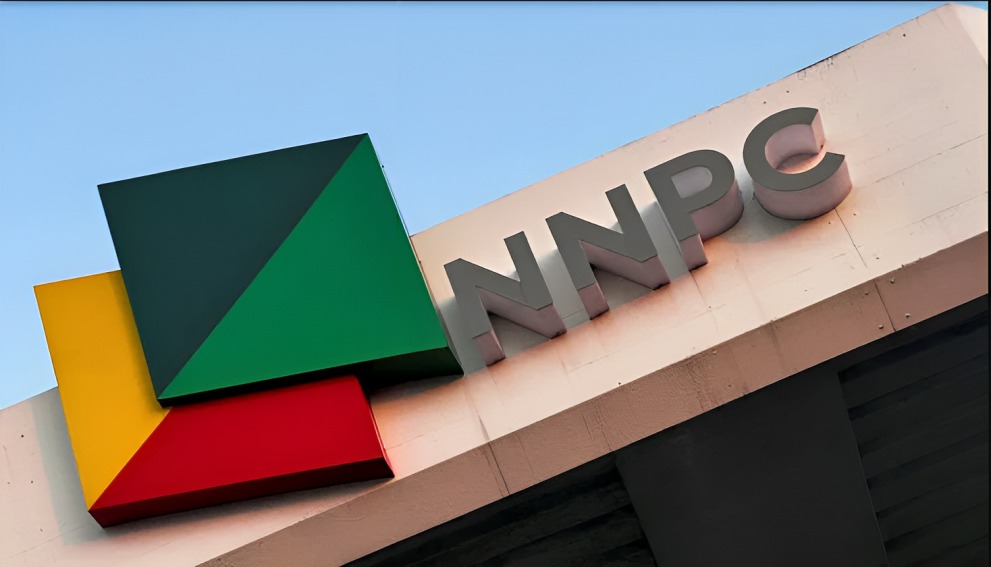The Nigerian National Petroleum Company Limited (NNPC) has come under fire from industry operators for awarding contracts to rehabilitate the country’s pipelines to four companies, two of which are downstream retailers. The contracts, worth $18.48 million, are meant to facilitate crude supply to the refineries and products evacuation from them.
The pipeline network consists of 4,315km of multi-product pipelines and 701km of crude oil pipelines, interconnecting 22 fuel depots, the country’s four refineries, and the jetties at Atlas Cove and Warri. However, poor maintenance and vandalism have left many government-owned fuel depots and pipelines idle for years, forcing the country to rely on private tank farms and road tankers to supply and distribute products.
The NNPC selected Oilserv Limited, A.A RANO Nigeria Limited, Macready Oil & Gas Service Company Limited, and MRS Oil Nigeria Plc as the preferred bidders for the maintenance of the pipelines through the build, operate and transfer financing model. The four companies were awarded different segments of the pipeline network based on a LOT system.
However, industry experts have expressed concern over the involvement of downstream retailers in the pipeline contracts, arguing that it gives them an unfair competitive advantage over others and goes against global standards. They also fear it could lead to a private monopoly and possible market exploitation.
“It’s an anomaly for downstream retailers to win pipeline contracts. In the US market, pipeline operators are separated from retailers,” a business leader in Nigeria’s energy sector told BusinessDay. “Retail companies with no antecedents of handling pipeline contracts should not be winning contracts for million-dollar pipeline projects in Nigeria. It gives room for exploitation,” the source added.
Another senior oil executive said that the new pipeline deals showed the transition from state monopoly under the NNPC to private monopoly as some parts of the country may be underserved. “The market is concerned that in the event of any supply shortfall, these retail operators with pipeline contracts may have preferences for their own retail outlet, which is not good for the market,” another industry source said.
This is not the first time the NNPC has faced controversy over its pipeline contracts. In 2018, it awarded a security contract for the Trans Forcados Pipeline (TFP) to Ocean Marine Solutions, an indigenous firm, without following due process. The NNPC claimed the previous contract cost $800 million due to breaches.
The NNPC has not yet responded to the criticisms over its latest pipeline contracts. However, some analysts have suggested that the corporation should adopt a more transparent and competitive bidding process to ensure fairness and efficiency in the oil sector.
The rehabilitation of the pipelines is expected to boost crude supply to the refineries and reduce dependence on imported products. The NNPC has also pledged to revive the country’s refineries and make Nigeria a net exporter of petroleum products by next year. This could have positive impacts on the economy and the environment, as well as create more jobs and opportunities for Nigerians.
Source: BusinessDay



